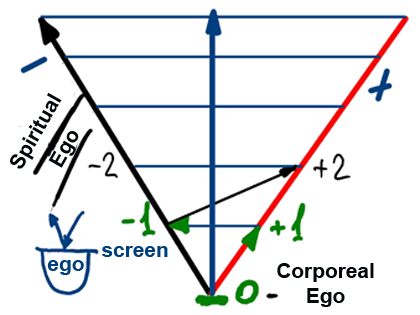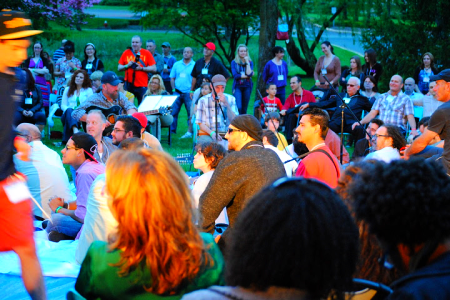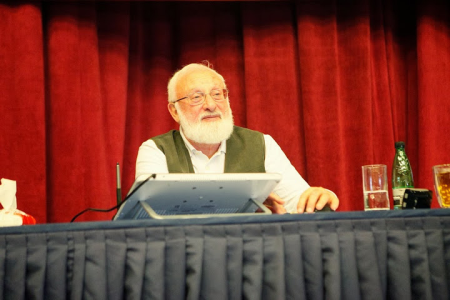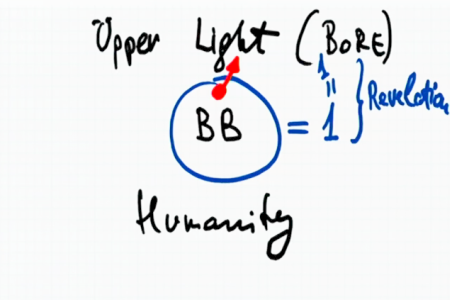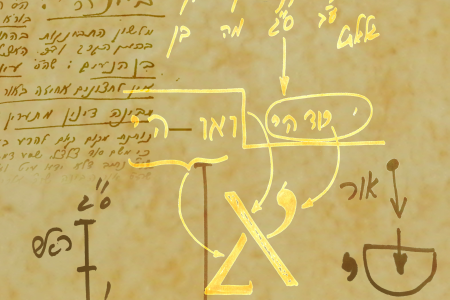How Can the Spiritual Reality be Perceived?
The gist of our work is the making of the Kli. If we know how to build our tool of perception correctly, we will understand where we truly are. Our substance consists of a desire to receive delight and pleasure.
If we can make this substance sensitive to insights concerning reception and bestowal, we will be able to use it to perceive the spiritual world. It is similar to the way a block of crude iron is melted to create engine parts. When assembled correctly, they yield a working engine.
Similarly, we must work with ourselves to perceive spirituality. Building the spiritual Kli is a lot like sculpting—you must carve the raw material and file it until the desired shape appears. The raw material, in this case, consists of our desires, our thoughts, and intentions.
How a Change of Intention Enables a Person to Feel Nature
The Creator formed Creation with the intention of doing good to His creatures. To realize His goal, He created a Kli—a will to receive—that would receive His benefit. At first, this will is shapeless. Shaping the will to receive is the work of us all until it is robed in its final form—bestowal, the form of the Creator.
The substance itself remains as it was first made—a will to receive pleasure—but changing the intention to bestowal likens its modus operandi to that of the Creator. Thus, the intention is the form.
Kabbalah books depict the forms that one should create in the will to receive, degree-by-degree, to finally sense the benefits that come from the Creator. The general will to receive consists of 613 desires, and each of these is topped either by an aim to receive, or an aim to give. These forms of reception or bestowal that “cover” each desire determine one’s degree of spiritual attainment.
A degree is a certain level of strength of the Form of bestowal. This enables the benefits of the Creator to manifest within the will to receive. The diverse fillings within the will to receive are the origin of the many names of the Creator. It is the perceiving individual who names the Creator according to the flavors he or she feels within the Creator’s bestowal.
What Kabbalah Researches
Once the Kabbalists attained the nature of reality and studied it, they divided the manner of recognition of reality into four levels: Matter, Form in Matter, Abstract Form, and Essence. Kabbalah is a practical study method that leads researchers thoroughly and systematically along the evolutionary trail. As in any other scientific method, Kabbalah teaches the researcher what to do, which results are to be expected, and expounds on the reasons for them. Kabbalah does not engage in depicting theoretical states that one cannot carry out independently and with full awareness.
Continue reading “Little Known Ways that Develop a Person’s Sixth Sense”
